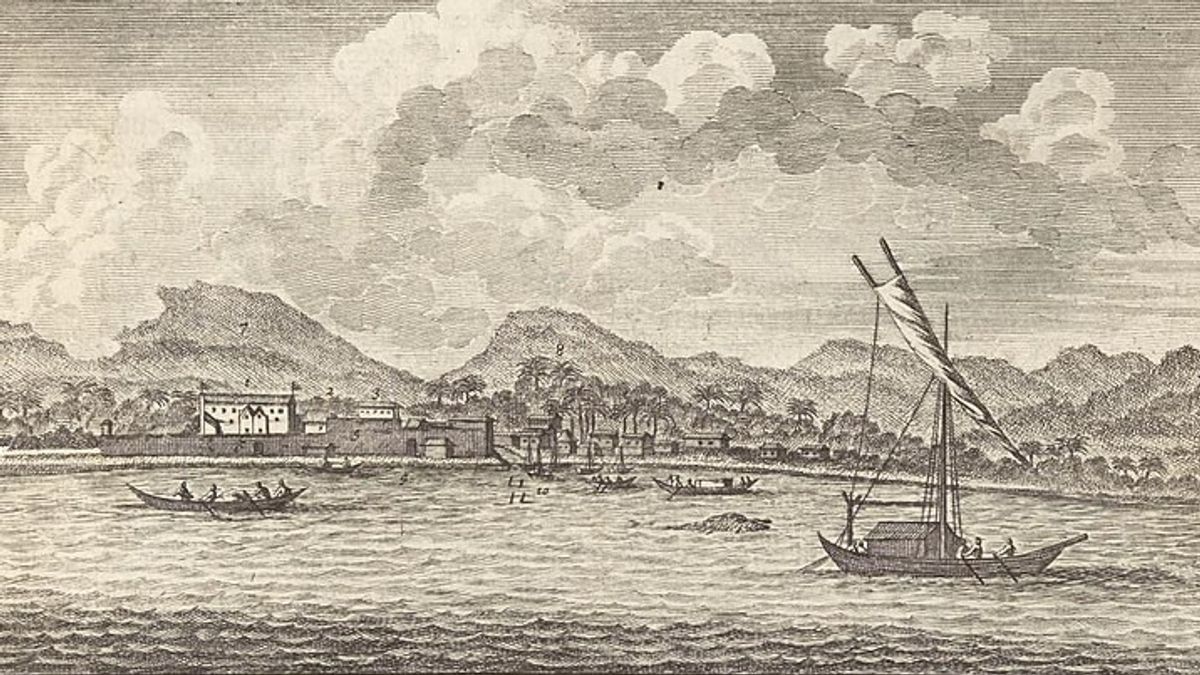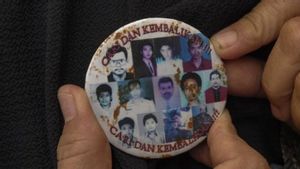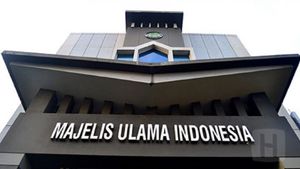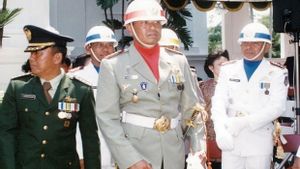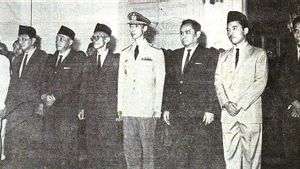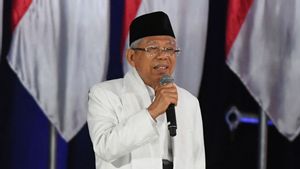JAKARTA History today, 341 years ago, 22 August 1682, the Dutch Trade Airlines, the VOC officially monopolizes in pepper trading in Banten. The narrative is contained in a special agreement signed by the Company with the new candidate for ruler of the Sultanate of Banten, Sultan Haji.
Previously, the Company often used the Devide et Impera (politicals fighting against local kingdoms) tactics to fight against the local kingdom. Banten became one of the targets. The Dutch then helped Sultan Haji fight his father, Sultan Ageng Tirtayasa.
The Company was once involved against the Sultanate of Banten. The capacity of the Company, which has a war fleet, does not really matter. It is believed that the war was not the right answer against Sultan Ageng Tirtayasa.
This failure was triggered because Sultan Ageng Tirtayasa had a broad network of support. From British support to other kingdoms of the archipelago. Instead of bringing success, war also brought enormous losses to both the Company and Banten.
One way out was chosen. Both agreed to perpetuate the temporary ceasefire peace agreement on July 10, 1659. The agreement prompted both sides to jointly build the economy and troops back.
The Company has no power to see the Sultanate of Banten continue to grow. The intention to control Banten reappeared. They perpetuated a new strategy of resistance. Devide et Impera, his name. The politics of fighting against each other made the Company under the control of Cornelis Speelman aggressively approach the son of Sultan Agung Tirtayasa, Sultan Haji.
The approach brings results. Sultan Haji and VOC began to launch plans to overthrow the power of Sultan Ageng Tirtayasa from Banten. Thejian is predicted to bring success. Sultan Ageng Tirtayasa is now not only making Kompeni an enemy, but also his son, Sultan Haji.
Sultan Muda (Sultan Haji) is not less fanatical but also less brave than his father. But he is also ambitious and wants to quickly rise to the throne. That's why he sought friendship with the Dutch, and when civil war broke out among his second partisans, he called the Dutch.
"This time there is no slightest doubt in Batavia, where van Goens, after three years of ruling, has been replaced as Governor General by Cornelis Speelman (1681-1684). Practically all Banten people support Sultan Ageng Tirtayasa against his son, but the old Sultan's troops have no power to detain the experienced Company soldiers," said Bernard HM Vlekke in the book Nusantara (2008).
Sultan Ageng Tirtayasa did not give up easily. He continued to perpetuate the resistance. Even in the midst of the war, Sultan Haji, who was above the wind, also perpetuated a new agreement with the Netherlands on August 22, 1682.
Sultan Haji gave the monopoly of pepper trade in Banten to Kompeni. Therefore, the power of Sultan Ageng Tirtayasa began to be abandoned until Sultan Haji became the new ruler. This power provides a large space for the Company to regulate pepper trade. All kinds of nations that used to trade in pepper are starting to be banned in Banten.
When in Banten there was a civil war between Sultan Ageng Tirtayasa and the VOC (Dutch Company) assisted Sultan Hajj in 1682, the impact was felt in Bengkulu, the Bengkulu People sided with Sultan Ageng Tirtayasa who defended his independence.
The British in Bengkulu are part of Bengkulu's history. With the loss of Sultan Ageng Tirtayasa from Sultan Haji plus VOC Netherlands, on August 22, 1682, Sultan Haji signed an agreement with the VOC, which was detrimental to the Banten kingdom. British in Banten were forced to leave: They headed for Bengkulu. There they will live until 1825, "explained Rosihan Anwar in the book 'Petite Histoire' Indonesia (2004).
اقرأ أيضا:
The English, Chinese, Japanese, Arabic, and French versions are automatically generated by the AI. So there may still be inaccuracies in translating, please always see Indonesian as our main language. (system supported by DigitalSiber.id)
